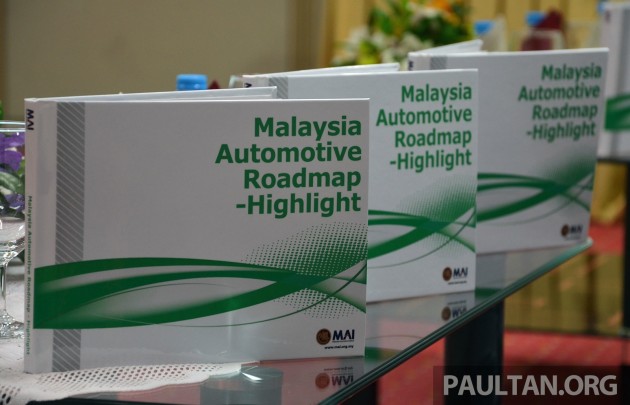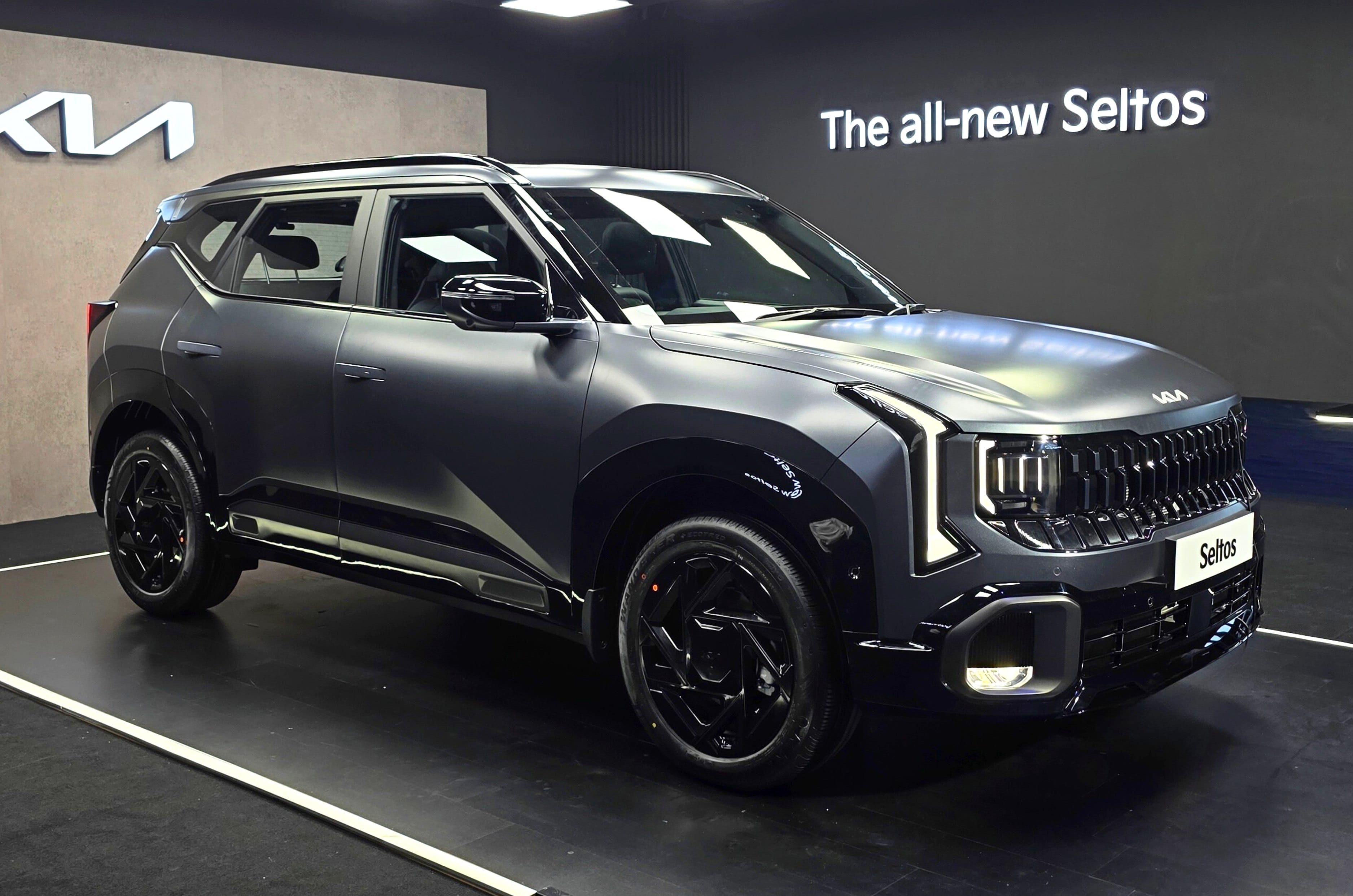Indonesia plans incentives to boost EV adoption and production, tax based on fuel economy and emissions
We’ve seen India ramp up incentives to boost electric vehicle adoption in the form of GST reduction and income tax deduction, now another populous developing nation is attempting the same. Bloomberg reports that Indonesia is planning incentives for both EV manufacturers and motorists to help boost a sector which has already seen investment from Toyota and Japan’s SoftBank, among others.
According to Bloomberg, which has seen the draft government strategy, the measures are aimed at accelerating the adoption of battery-powered cars in Indonesia and building a base for the production and export of EVs. They include lower taxes for manufacturers and buyers of the cars, and benefits for EV owners, such as special parking areas.
It is said that the draft is only awaiting president Joko Widodo’s approval. He is set to sign the new rules into force “very soon”, finance minister Sri Mulyani Indrawati said earlier this week.


The new rules would change the way vehicles are taxed in Indonesia, from body type and engine size to fuel consumption and CO2 emissions. This would favour electrified vehicles. The report drew a comparison between a BMW X3 and a Toyota Camry Hybrid; the SUV attracts a lower luxury tax rate than the cheaper Camry, because sedans are considered a more luxurious car type under the current rules.
According to the draft, the upcoming rules will also require carmakers to gradually increase the amount of locally produced parts to 80% by 2029. Motorcycle producers would need to reach that level in 2026.
Indonesia is a large market with huge potential, and the money has already started pouring in. Market dominating Toyota has said it plans to spend US$2 billion to build hybrid vehicle plants in the republic; while Hyundai is set to build two plants, including an EV one, by investing US$1 billion.
SoftBank, a big money backer of Grab, said this week it will invest US$2 billion in Indonesia through the regional ride-hailing giant over the next five years. It also plans to explore investment opportunities in the country’s EV, battery and renewable energy sectors.
Along with India and the traditional “Detroit of the East”, Thailand, Indonesia is vying to be the main Asian market and base for electric cars outside of China. Indonesia wants EVs to make up a quarter of its car production by 2030.
What’s Malaysia’s automotive plan for the near future? The revised National Automotive Policy (NAP), which was reported to be under review in June 2018, was expected to be announced in Q1 this year. In April, the government announced that the revised policy announcement would be done in the second quarter. We’re now in Q3.
The post Indonesia plans incentives to boost EV adoption and production, tax based on fuel economy and emissions appeared first on Paul Tan's Automotive News.
from Paul Tan's Automotive News
Read The Rest:paultan...




Post a Comment